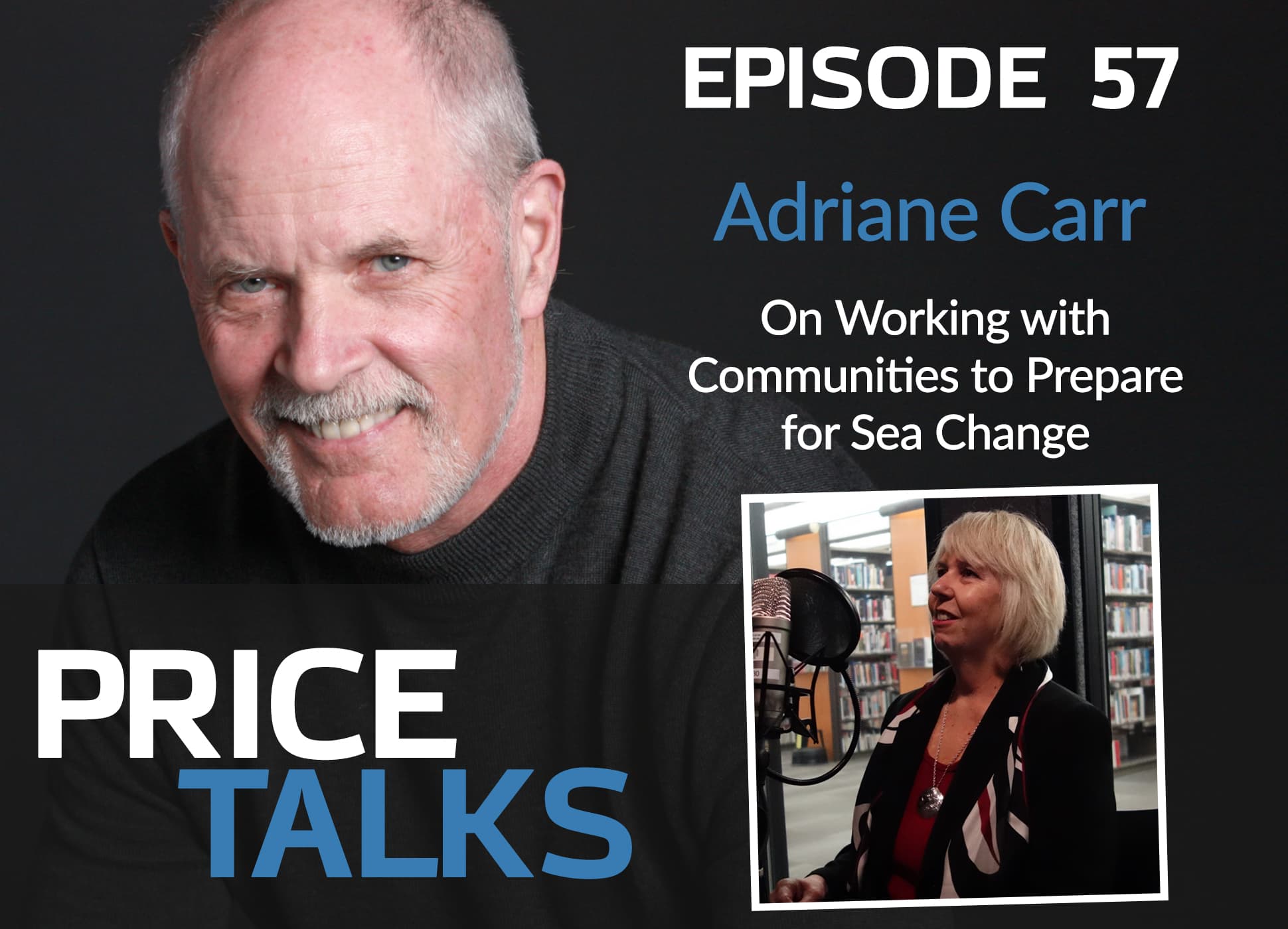Society & Culture
If you needed more evidence that environmental issues are no longer fringe issues, all you have to do is look at Vancouver Greens’ Adriane Carr. Her 74,000 votes in the 2014 municipal election was the most by a Vancouver council candidate since 1996…and perhaps ever? Had she run for mayor in 2018, she might have won, and by as many as 20,000 votes. Born at VGH and raised in east Van, Carr’s future political life began auspiciously — a Master’s degree in Geography under the tutelage of UBC’s David Ley and Walter Hardwick. Her thesis? On the role individuals play in community, specifically entitled, “The Development of Neighbourhood in Kitsilano : Ideas, Actors and the Landscape.” Such fertile ground for our ‘meat and sizzle’ interlocutors Gord and Rob. And oh yes, they go there — the question of the role of individuals in shaping the community, the city, and city-wide planning. But first, a few dozen questions…about such matters as what got her into politics? (Desperation….about wilderness protection.) How did she translate that ambition into the role of power broker? (By founding a provincial political party, of course.) What does she wish she had more of? (Power.) And once she made it into City Hall in 2011, who censured her, told her she wasn’t allowed to speak to staff? (Two people, and you’ll have to listen for that nugget.) Perhaps the question of the decade for Carr, though, is whether she would like to be mayor. It’s also likely both the city’s worst kept secret, and best maintained electoral strategy — yes and no. (Sorry Hector, but you know the drill.) Over the course of the discussion, the trio get into the big issues, like dealing with density, taxes, character, and tree cover, plus the distractions of public life in the digital era. And if you thought age and authority would mellow out this green, wilderness warrior, think again. Carr still espouses civil disobedience — non-violent, mind you — as a key tactic to get people to acknowledge the kind of change we’re going to have to undertake to avert, or cope with, the climate emergency. But do we really need to take another three years, and $16 million, to talk about it? Have a listen, and let us know what you think. Read more »

